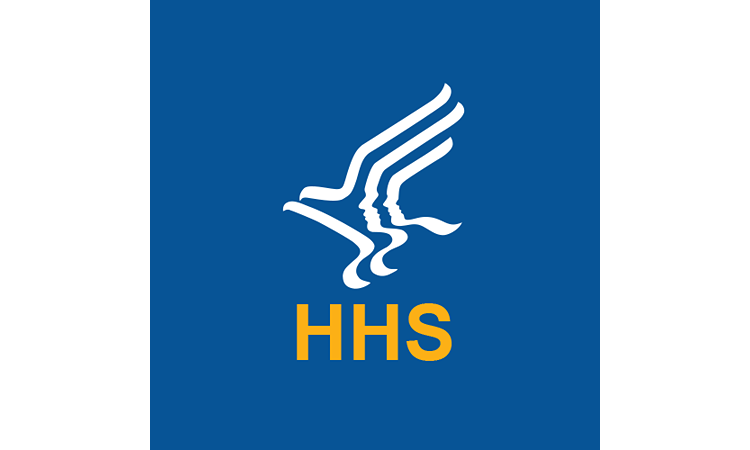By John Kamp, Executive Director, Coalition for Healthcare Communication
July 18, 2011 — For those who have not read the entire June 23 Sorrell v. IMS Health Inc. Supreme Court decision (No. 10-779), here is a quick summary of what happened and what drug marketing executives need to know.
Top line, the Supreme Court majority not only affirmed the commercial speech rights of pharmaceutical companies to buy and use prescription data for marketing, it also protected the rights of data companies to compile, analyze, publish and sell those data in the increasingly data-driven digital environment.
The Supreme Court also appears to have raised First Amendment scrutiny applied to government restrictions on virtually all truthful marketing activities. Indeed, the Court applied “heightened scrutiny” in this case, apparently expanding the traditional protections for “commercial speech” under the Central Hudson test used for the past 20 years. Moreover, the 6-3 decision logically applies to all marketing, not just medical marketing, strengthening our alliances with consumer marketers and media, including digital media.
For those not familiar with the case, IMS and others challenged a Vermont ban on the marketing use of prescriber data by drug companies. At the same time, Vermont had allowed these data to be used for “counter-detailing” by insurers, managed care and the state. The Supreme Court said Vermont illegally limited speech because it did not like the speaker nor the message and especially because the marketing was effective, i.e., presumably increasing prescription rates for branded drugs.
Vermont said the rules were designed to save money by increasing the use of generic drugs and to protect doctor privacy by protecting them from unwanted sales tactics. The Court said there were non-speech ways to save money and that the protection of doctor privacy was nominal given that others could use the data in marketing.
The Court’s decision may strengthen significantly the position of the Coalition and our industry partners in Washington as we resist legislation and rules banning or restricting marketing. Indeed, the Supreme Court decision calls into question many of the FDA’s restrictions on truthful company speech, especially truthful “off-label” statements by drug sponsors. Drug marketing remains the most prominent heavily regulated topic in advertising, but has not been routinely subject to rigorous regulator restraint or judicial scrutiny. That could change.
Supreme Court Decision Highlights:
(1) Government restrictions based on commercial content and industry speakers were subjected to “heightened” First Amendment scrutiny, much like that traditionally applied to political or so-called “pure speech.” The only clear difference apparent in this decision between “pure speech” and commercial speech that is false or misleading commercial speech is not protected by the First Amendment.
(2) Data and data analytics are also treated as speech protected by the First Amendment. This includes data companies of all types, plus publishers and users of these data.
(3) Marketing restrictions and marketing bans were treated similarly, limiting indirect as well as direct restrictions on marketing communications and making it harder for law makers and regulators to suppress or ban marketing one restriction at a time.
(4) Government attempts to save money and to protect individual privacy remain potent reasons to regulate speech, but governments cannot just assert these as justifications. Applying traditional First Amendment rules for “pure speech” as well as commercial speech, the Court reasserted that governments must ensure that such rules are narrowly written to avoid burdening speech, and must achieve the legitimate purposes of the law. Additionally, governments must first consider and use non-speech restrictions when possible.
(5) FDA lawyers must be concerned about the continued viability of many of its marketing polices, especially restrictions on truthful “off-label” communications by drug sponsors. Although industry seldom challenges these restrictions, a group of companies recently filed a Citizen’s Petition seeking “clarity” on these rules. This could be a significant step forward. Watch this Website for more background and analysis on this Petition.
(6) Narrow restrictions based on drug safety, such as REMS requirements, were not at issue here. Although subject to First Amendment scrutiny, legitimate safety restrictions are less likely to fail.
Bottom Lines
As a result of this Supreme Court decision, clients, publishers and agencies are in a much better position today to oppose restrictions on marketing and marketing analytics when imposed by all governments, including states, the Congress, the FTC and the FDA.
This case also underlines the value of medical industry alliances with consumer marketers and media publishers, as well as with vendors and other allies. The broad language in this decision arguably applies to all marketers and supports our joint activities with a wide range of allies, including the AAAA, the Internet Advertising Bureau, the Ad Coalition, the Digital Advertising Alliance and the new Digital Health Coalition.
Moreover, the decision enables us to use the First Amendment to defend innovative and effective marketing of all types, including in the digital space where data and data analytics promise to power effective and efficient messaging. While we still must respect reasonable expectations of privacy, the decision will help us resist proposals for broad versions of “Do Not Track” and other limits on digital professional and consumer communication.
However, it is important to remember that opponents of medical marketing are undaunted, very well funded, and remain darlings of the press. These groups will be visible, litigious and smart. Although we had our day and court and won, related policy and legal challenges battles will arise soon.



